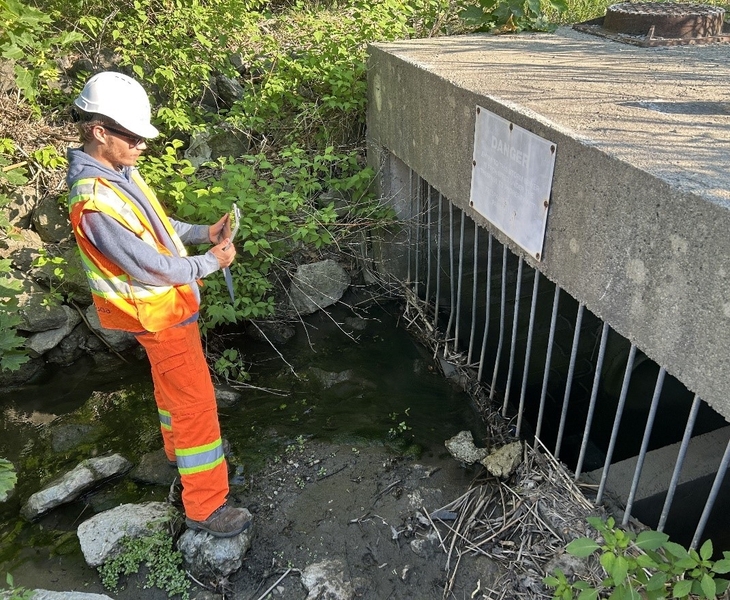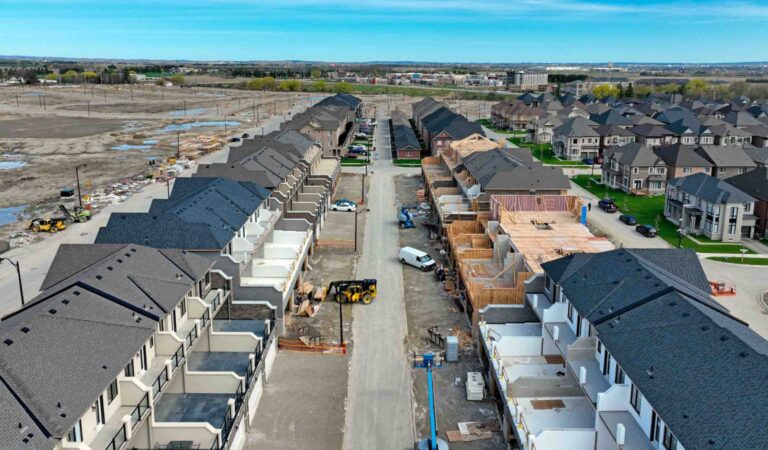A new report received by the Manitoba government has found that Regional Cumulative Effects Assessment (RCEA) was negligent with respect to an array of factors in its review of historical and contemporary impacts of hydroelectric development in the Nelson, Burntwood, Rat, and Churchill river systems.
Yesterday, the province confirmed the receipt of the Clean Environment Commission’s report on the public outreach and review of the RCEA, which was conducted by the province and Manitoba Hydro, Sustainable Development Minister Rochelle Squires and Crown Services Minister Colleen Mayer announced.
“The allegations of abuse contained within the report are, quite frankly, extremely disheartening and disturbing,” said Minister Squires, who is also the minister responsible for the status of women. “We take these allegations seriously. Given the nature of some of those allegations, the Manitoba government will be referring the report to the RCMP for investigation.”
In 2015, the Clean Environment Commission (CEC) was mandated to conduct outreach regarding the RCEA and to review the cumulative effects of hydro-electric development in both historic and recent projects. The goal was to identify ways to reduce the impact of future projects as well as mitigate the effects of past developments. The CEC heard from the public and specifically sought the input of affected Indigenous communities and the Manitoba Metis Federation.
The report will also be referred to the RCEA committee to determine how the provincial government and affected stakeholders will proceed.
“The allegations noted in the report are very disturbing,” said Minister Mayer. “Manitoba Hydro has taken significant steps, putting in place enhanced policies to prevent this type of abuse from occurring at its worksites, and it is clear that there is more work to be done. We will continue to work with Manitoba Hydro leadership and the board in co-operation with Indigenous partners in this regard.”
The report noted that areas in which the RCEA failed to exercise best practices “include limitations in the scoping process (including a lack of community engagement), limitations regarding pre-development conditions, and the lack of a prospective analysis.” Some community members have called for the RCEA to be redone, but the review commission instead recommended that the failures be used as a guide for more successful “future-oriented systemic monitoring, research, analysis, and planning.”
In addition to social impacts on communities, the RCEA report also examined the environmental impacts of development and recommended moving to more sustainable watershed-based planning.
In the spring, the government passed The Sustainable Watersheds Act. Consistent with the RCEA findings, this Act recognizes the importance of watershed-based planning, renaming conservation districts to watershed districts, and updating boundaries to reflect actual watersheds for more holistic water management. The legislation also empowers watershed districts to have more meaningful engagement with Indigenous communities and organizations to implement watershed management plans.
The full report is available at: www.cecmanitoba.ca.









